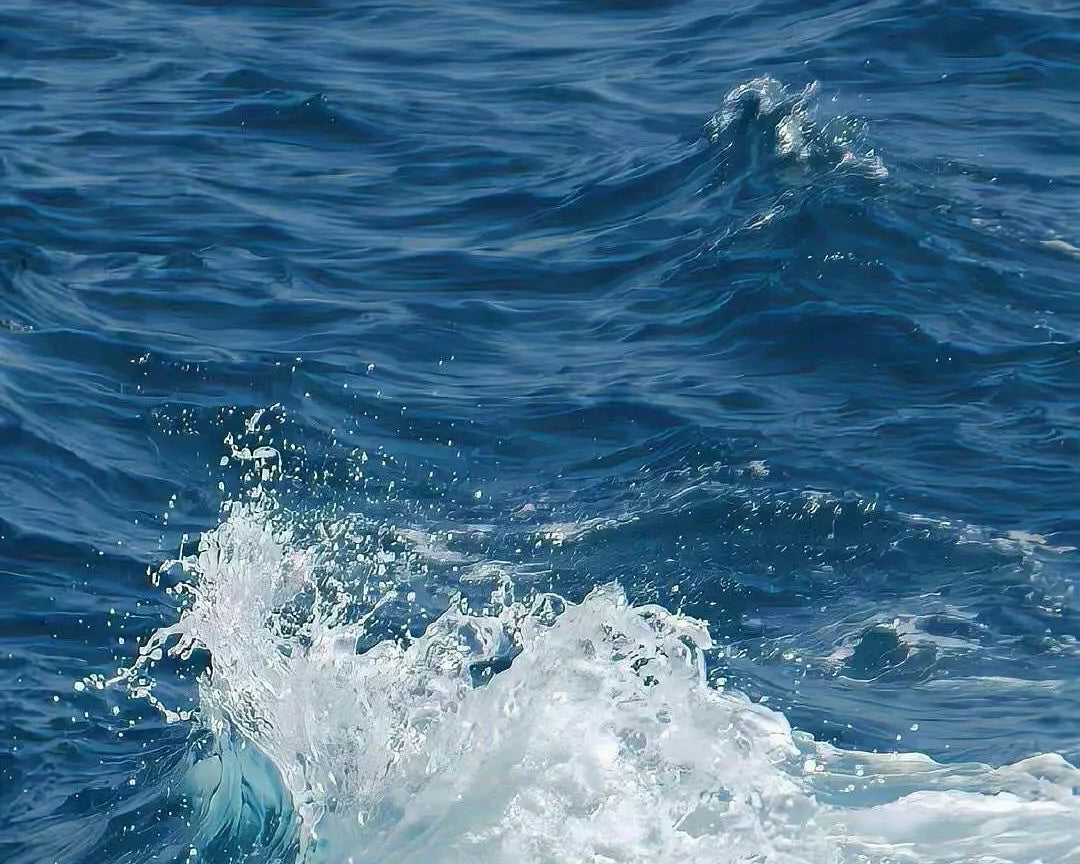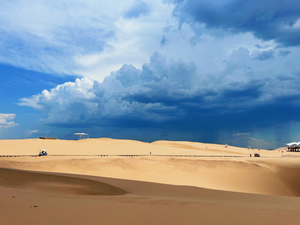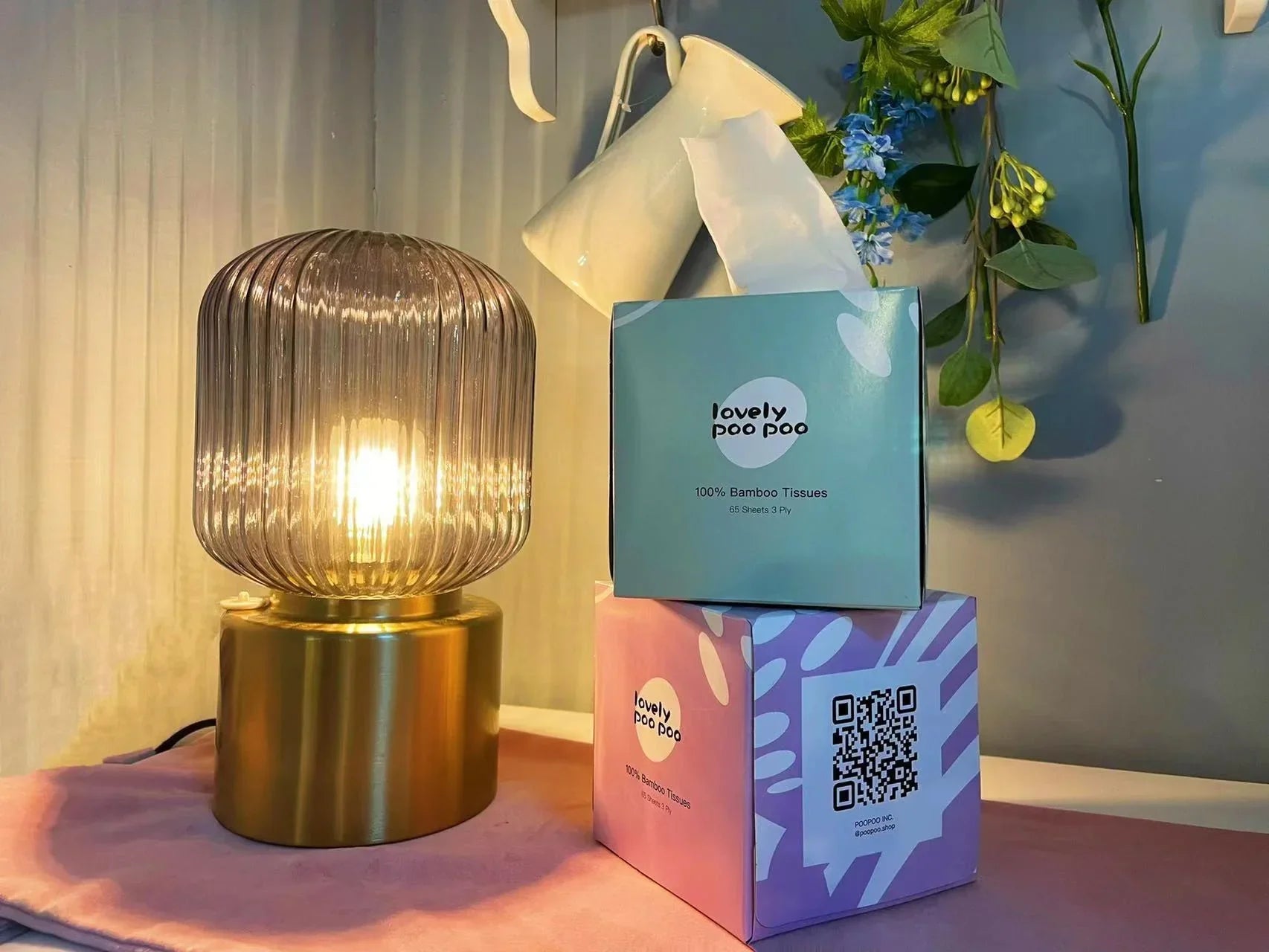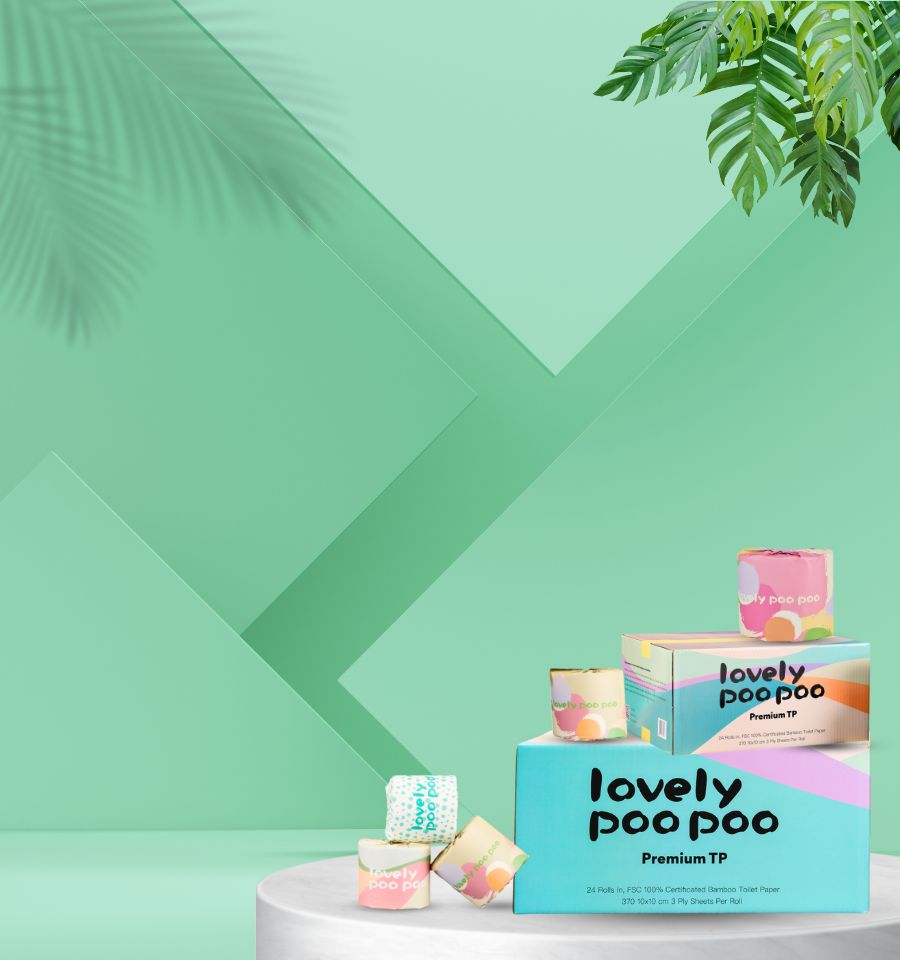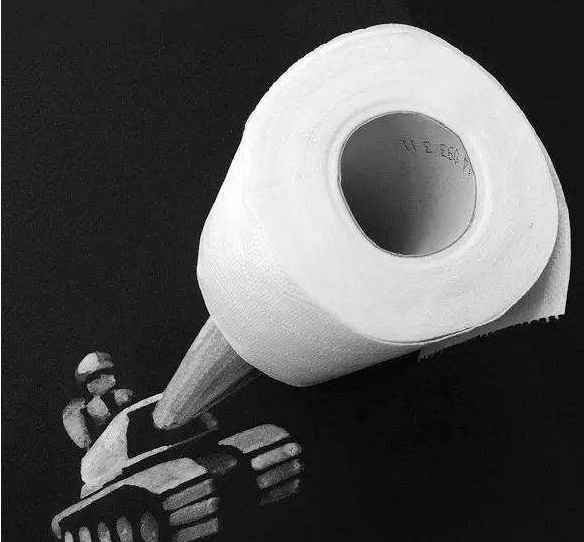As a company deeply committed to the environment, we believe in raising awareness about critical environmental issues. Today, we set sail into the topic of marine pollution, delving into its causes, consequences, and how we can make a difference.
Read more: Discovering Nature's Soul: The Heart of Environmentalism
What is Marine Pollution?
Marine pollution, often described as the contamination of the ocean and its ecosystems, is a global crisis that affects not only the marine life but also our own well-being. Let's break down the key aspects:
- Sources of Marine Pollution:
1.1. Land-Based Pollution:
- Runoff from agricultural areas, carrying pesticides and fertilizers, enters water bodies and eventually reaches the ocean.
- Urban runoff includes pollutants like oil, heavy metals, and plastics that wash into storm drains and flow into the sea.
1.2. Sea-Based Pollution:
- Oil spills from shipping accidents and offshore drilling operations harm marine life and coastal areas.
- Dumping of plastics, hazardous waste, and sewage directly into the ocean further exacerbates the issue.
- Types of Marine Pollution:
2.1. Plastics Pollution:
- Massive amounts of plastic waste, including microplastics, are choking our oceans and harming marine creatures.
- Single-use plastics, such as bags and bottles, are among the worst culprits.
2.2. Chemical Pollution:
- Toxic chemicals from industrial activities and agriculture poison aquatic life and disrupt ecosystems.
- Harmful algal blooms caused by excessive nutrients can have devastating consequences.
2.3. Oil Pollution:
- Oil spills have catastrophic effects on marine habitats, leading to long-term damage.
The Impact of Marine Pollution
Now that we've identified the sources and types, it's crucial to understand how marine pollution affects us and the environment:
- Devastating Consequences for Marine Life:
- Plastic Entanglement: Marine animals, such as turtles and seabirds, often mistake plastic debris for food or become entangled in it.
- Poisoning: Chemical pollutants contaminate the food chain, leading to the bioaccumulation of toxins in marine organisms.
- Habitat Destruction: Oil spills can decimate fragile ecosystems like coral reefs and mangrove forests.
- Economic Impact:
- Fishing and tourism industries suffer due to reduced fish stocks, damaged coral reefs, and polluted beaches.
- The cost of cleaning up and restoring polluted areas is substantial.
- Human Health Risks:
- Consuming contaminated seafood can expose humans to harmful chemicals and toxins.
- Polluted water can lead to waterborne diseases.
Bamboo Toilet Papers: A Sustainable Solution
At Lovely Poo Poo, we're more than just a retailer of eco-friendly products; we're advocates for change. Here's how our bamboo toilet papers align with the fight against marine pollution:
- Sustainable Material:
- Our toilet papers are crafted from bamboo, a renewable resource that doesn't contribute to deforestation.
- Bamboo is biodegradable, reducing the risk of it ending up in the ocean.
- Plastic-Free Packaging:
- We prioritize the use of eco-friendly, recyclable packaging to minimize plastic waste.
- Reducing plastic usage is a step toward cleaner oceans.
- Raising Awareness:
- By choosing sustainable products, you're supporting a shift towards responsible consumption.
- Every purchase sends a message that you care about the environment.
- Community Engagement:
- We actively participate in beach clean-up initiatives and support organizations working to combat marine pollution.
- We believe in taking tangible steps to make a difference.
Read more: Why Bamboo Toilet Paper Is the Eco-Friendly Choice?
SO . . .
Marine pollution is a pressing issue that demands our attention and action. At Lovely Poo Poo, we're committed to providing sustainable alternatives that align with the fight against this crisis. Together, we can navigate towards cleaner seas, healthier marine life, and a brighter future for generations to come.
Read more: Clearing the Air: Understanding Air Pollution and the Eco-Friendly Solution
Choose Bamboo.
Choose Sustainability.
Choose Change.
